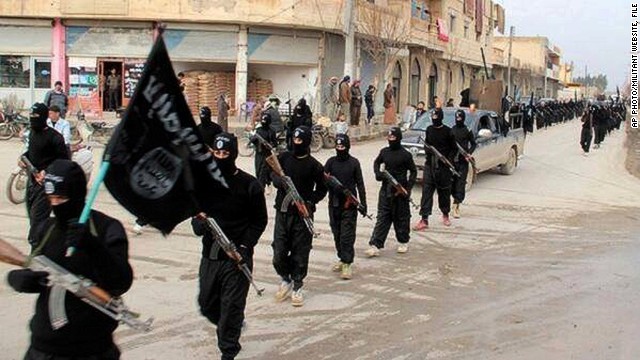Terrorists recruit in mosques for the same reasons gangs recruit in neighborhoods — racial and ethnic homogeneity and residential stability inherently promote trust and, in the context of repeated interaction, reputations are acquired and authenticated.

As we well know, ISIS is recruiting angry young men as far afield as Minneapolis and London. The allure is much like the allure of a street gang — in part, because ISIS looks an awful lot like a street gang.
Gangs have long been understood as a collective response or “solution” to the strains encountered by their respective members. For some youth, ISIS has become the “solution.” They are searching for the same protection and respect that pull people into gangs. The difference is they are pushed by feelings of marginalization, victimization, and vulnerability that stem from the state’s purported failure to protect Muslim interests.
“Fear leads to anger. Anger leads to hate,” Yoda once said. Anger also incites people to action, lowers inhibitions, and fashions a desire for revenge.
There are legitimate concerns about radicalization among existing gang members, because they typically live out the same sociocultural and racial exclusion. Gang members already hold more anti-authority attitudes than the rest of us. Add to this the fact many of them go to prison each year, where they come into contact with radicalized individuals and are subject to influence, and the die has been cast.
[…]















